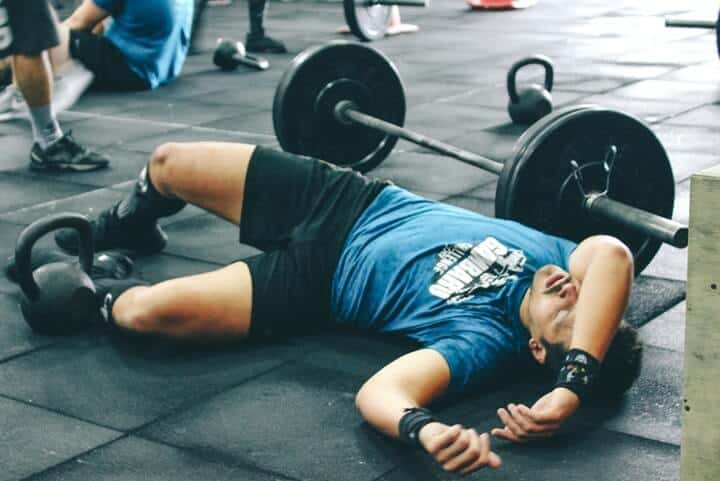Warning: Gym Users Taking Anabolic-Androgenic Steroids At Risk Of Fatal Heart Issues
Source: Thailand Medical News Sep 03, 2019 5 years, 7 months, 3 weeks, 3 days, 1 hour, 21 minutes ago
Anabolic steroids, also known more properly as anabolic–androgenic steroids, are steroidal androgens that include natural androgens like testosterone as well as synthetic androgens that are structurally related and have similar effects to testosterone. Although its usage should only be administered by qualified endocrinologists, many illicit performance-enhancing steroids has found its way in the underground black market and illegal online sales as most males are taking it to either put on muscle mass faster or some semi-professionals are using it to enhance their weightlifting or sports regimes.

According to research presented at the ESC Congress 2019 that is being held in conjunction with the World Congress of Cardiology, such consumption of these steroids can cause the heart to thicken and reduce its ability to function.
The misuse of anabolic-androgenic steroids (AAS) has long been feared to have fatal cardiovascular effects, but only recently has this been demonstrated in research studies.
The study presented by the University of Oslo examined the effects of long-term AAS use on left ventricular systolic function by assessing the size, thickness, mass and function of the heart in male weightlifters.
One of the co-authors of the study, Rang Abdullah from University of Oslo commented in a phone interview with Thailand Medical "Our research indicated that illicit steroid use is associated with a number of worrying effects on the heart. We demonstrated that AAS-using weightlifters have a thicker heart muscle and reduced ability to contract the ventricular chambers of the heart during a cardiac cycle. Having a heart that does not contract the way is associated with higher mortality."
The study is part of a large multidisciplinary study on AAS use, which includes studies on brain imaging, cognitive, psychological, and other cardiovascular functions. The research team recruited 100 male weightlifters, 59 with more than a year of cumulative AAS use and 41 who do not use steroids ,with no difference in age or BMI between the two groups. The size, thickness, mass and function of the heart were measured with echocardiography, which uses sound waves to monitor heart and valve function, and ejection fraction, which measures how much blood the left ventricle pumps out with each contraction.
Steroid using weightlifters had a thicker heart muscle, on average, a 2.5 mm thicker interventricular septum, which is the wall separating the lower chambers of the heart. The left ventricular posterior wall was also, on average, 1.25 mm thicker in the steroid group. The steroid group also showed reduced ability to contract the ventricular chambers of the heart during a cardiac cycle. Both ejection fraction and ventricular global strain, a new method to assess systolic function, were decreased in AAS-exposed weightlifters as compared to the non-steroid group, 49% vs. 54%, on average, and -15.6% vs. -19.3%.
The research team found surprisingly, only a minority of steroid users in the sample had experienced cardiovascular symptoms related to their AAS use. However continuous, long-term use of AAS might prove to be a 'silent killer'.
There are many incidences out there on steroid-using weightlifters who end up dead or hospitalized from a heart attack or life-threatening cardiac arrhythmias. The incidence of such occurrences are on the rise globally as such illicit drugs makes its way into the online markets. Health author
ities should create more warnings about the usage of steroids and even have compulsory warnings in all gyms. Police and regulatory bodies should be more vigilant and destroy criminal networks selling those illicit steroids.
Reference: The abstract "Long-term use of anabolic androgenic steroids in male weightlifters is associated with left ventricular systolic dysfunction" will be presented during Poster Session 3: Neuro and psychiatric on Sunday 1 September at 14:00 to 18:00 CEST in the Poster Area.
